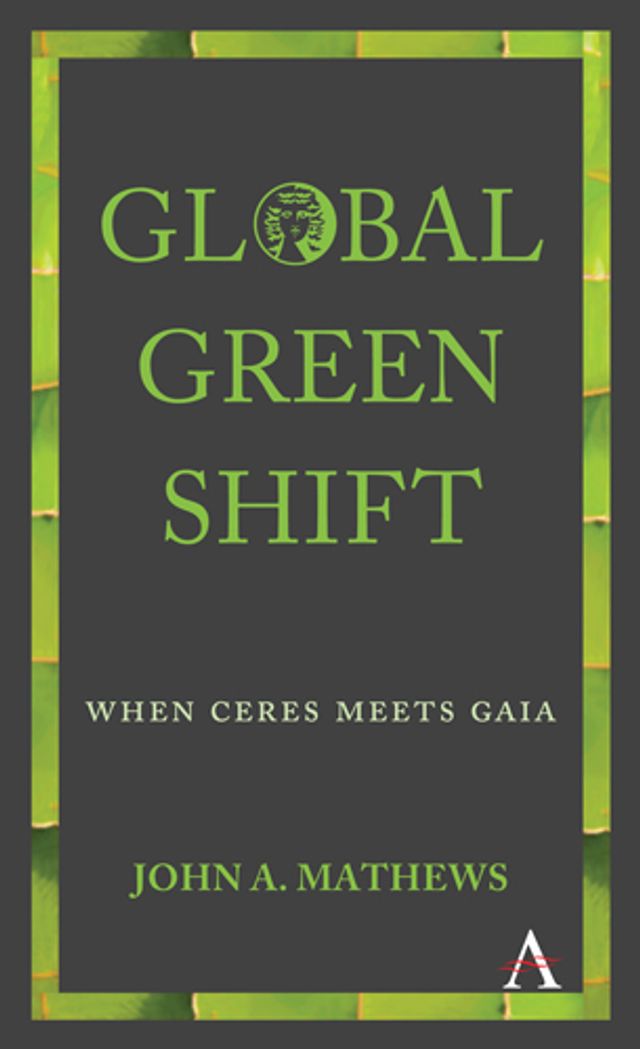John A. Mathews
Paperback
£14.99 / $26.95
Hardback
£70.00 / $115.00
eBook (PDF)
£12.00 / $21.50
eBook (EPUB)
£12.00 / $21.50
ISBN: 9781783086412
Pages: 258
Pub Date: February 2017
Imprint: Anthem Press
John A. Mathews
Paperback
£14.99 / $26.95
Hardback
£70.00 / $115.00
eBook (PDF)
£12.00 / $21.50
eBook (EPUB)
£12.00 / $21.50
ISBN: 9781783086412
Pages: 258
Pub Date: February 2017
Imprint: Anthem Press
Western industrialism has achieved miracles, promoting unprecedented levels of prosperity and raising millions around the world out of poverty. Industrial capitalism is now diffusing throughout the East. Japan, the four Tigers (Korea, Taiwan, Singapore and Hong Kong) and China are all incorporating themselves into the global industrial world. India, Brazil and many others are expected to follow the same course. But as China, India and other industrializing giants grow, they confront an inconvenient truth: they cannot rely on the Western industrial development model of fossil-fueled energy systems (resource throughput rather than circularity and generic finance) because these methods cause extreme spoliation of the environment and raise energy security, resource security and global warming concerns.
By necessity, a new approach to environmentally conscious development is already emerging in the East, with China leading the way in building a green industry at scale. As opposed to Western zero-growth advocates and free-market environmentalists, it can be argued that a more sustainable capitalism is being developed in China – to counter black developmental model based on coal. This new ‘green growth’ model of development, being perfected in China and now being emulated in India, Brazil, South Africa (and eventually by industrializing countries elsewhere), as well as by advanced industrial countries such as Germany, looks to become the new norm in the twenty-first century. Its core advantages are the energy security and resource security that are generated.
The British scientist James Lovelock has done the world an enormous service by formulating the theory of a ‘living earth’ named Gaia, where life self-regulates itself and the planet by keeping the atmospheric environment more or less constant, and likewise the environment of the oceans. In China’s Green Shift, Global Green Shift, Mathews proposes a way in which Gaia (a product of the processes of the earth) can be complemented by Ceres (our own creation of a renewable energy and circular economy system). Can these two concepts of how the earth works, represented by two powerful deities, be reconciled? While Lovelock is pessimistic, asserting that Gaia will look after herself and that if we survive at all it is likely to be as a greatly diminished industrial civilization, numbering no more than one billion people, Mathews argues in this book why he believes this prognosis to be mistaken. Mathews maintains that the changes that ‘we’ are driving, as a species, represent a viable way forward. They give us a chance of reconciling economy with ecology – or Ceres with Gaia.
